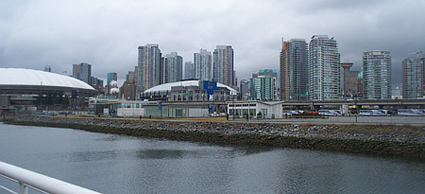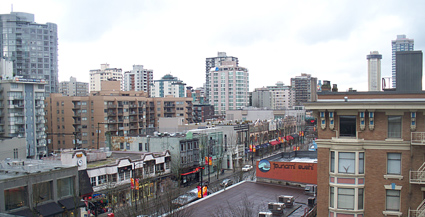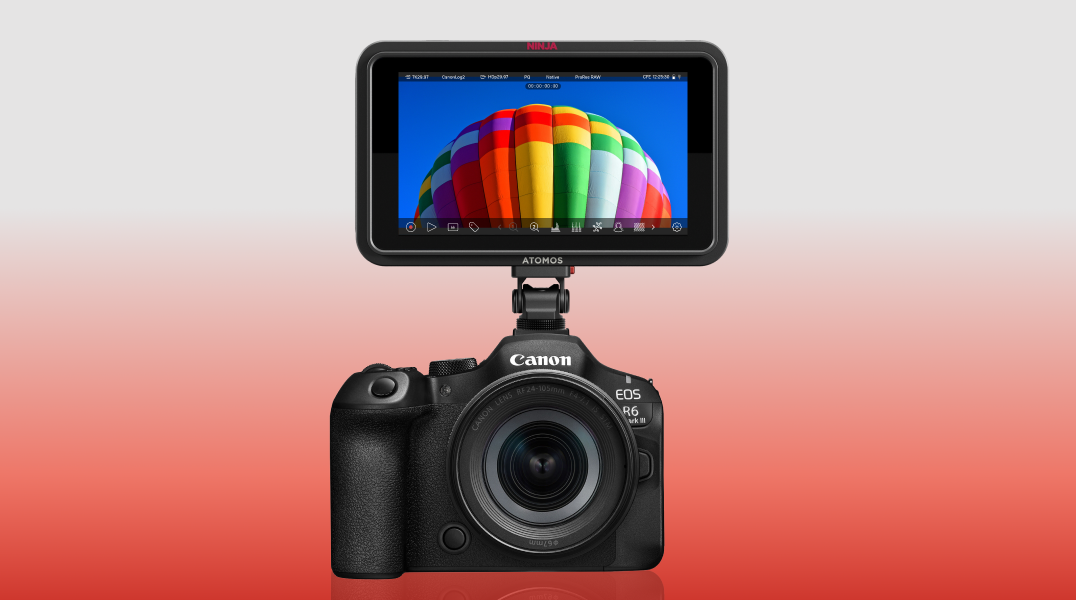GlobeCast Provides Non-Rightsholders with Olympic Facilities
The Olympics are always of vital importance to broadcasters; whether they have bought the rights to air and distribute official Olympics coverage, or not.
Those who have not bought the rights are understandably known by the inelegant term‘non-rightholders.’ In addition to not being allowed to broadcast Olympic coverage, non-rightsholders have no claim to space within the official Olympic broadcast facility. They’re not even allowed on the Games site or capture the Olympic Rings in their coverage!

Despite this fact, non-rightsholders from many nations will make the trek to British Columbia in February 2010 to cover the Winter Olympics. To make life easier for these non-rightsholders, GlobeCast will be operating a small editing, playout and transmission facility in downtown Vancouver.
The reason: GlobeCast is a provider of international transmission facilities to the 2010 Games. “For rightsholders, we provide end to end fiber connectivity (either via our fiber backbone or clients’ premises) and satellite transmissions,” says Catherine Palaia, Senior Sales Director at GlobeCast America. “For non-rightsholders, we can provide live shots, editing facilities and playout, SNG unit coordination, ENG packs and producers.”
GlobeCast’s Planned Facilities
At press time, GlobeCast was tight-lipped about its downtown Vancouver production space; due to ongoing negotiations with the building’s owner. However, the company’s goal is to locate in this space or one near to it, so that stand-ups taken outside this location can have Vancouver’s iconic General Motors Place arena in the shot. As the home rink of the National Hockey League’s Vancouver Canucks, General Motors Place has enough seating for large, Olympic-sized crowds. This is why it is the primary venue for ice hockey at the 2010 Winter Games.
“We will have a canopy rigged outside our production space with General Motors Place or downtown Vancouver in the background, so that non-rightsholders can do stand-ups and live hits that clearly say, ‘I’m in Vancouver’,” Palaia says. “We’ll have a camera out there with one of our crew, with a direct cable connection indoors to our editing and production facility.”
Inside, GlobeCast is planning to install a suite of nonlinear editors, media servers, VTRs, video switcher and audio board. All signals will be fed to a satellite truck parked outside, for direct uplink to GlobeCast’s worldwide satellite and fiber optic network. “A non-rightsholder crew can come to us with an interview tape,” says Palaia. “We can then do a feed directly to their network, cutting between the reporter outside and the recorded interview. We can also do editing for them, but it will be nothing fancy – just straight cuts.”
Challenges of Being a Non-Rightsholder
Being a non-rightsholder at the Olympics is not fun. Not only are you not allowed to do any actual shooting of the Games, but you aren’t even allowed on-site to do interviews with athletes. Instead, you have to wait in a ‘perimeter’ outside the Olympic venue, for the athlete to be brought to you. Other options for interviewing athletes is to catch them at hotels, or at the airport when they are returning after completing their events.

So why would any broadcaster want to come to the Games, when they don’t own the rights? “Sometimes it’s a matter of simply showing your viewing audience that you are there,” Palaia replies. “Other times, non-rightsholders will bring a crew large enough to require their own studio space, to establish themselves as a legitimate Olympic news source in their viewers’ eyes.”
If studio space is required, GlobeCast will help find it. The company will also help non-rightsholders get hotels, transportation, and anything else they might need in Vancouver.
“We like to think of ourselves as a ‘one-stop, plug-and-play shop’ for non-rightsholders,” says Catherine Palaia. “We have already made all of the necessary arrangements for our people to be here, so it is not that much of a stretch to help non-rightsholders as well.”
Getting to the Games
With the 2010 Winter Games due to start on February 12, 2009, non-rightsholding broadcasters need to act now to make it to the event. Those requiring broadcast services should contact www.globecast.com, before their non-rightsholder facilities are all booked.
“With the right camera work and production, non-rightsholders can do a respectable job of covering the Games on-site,” says Palaia. “That’s why Globecast is here to help.”
The professional video industry's #1 source for news, trends and product and tech information. Sign up below.
James Careless is an award-winning journalist who has written for TV Technology since the 1990s. He has covered HDTV from the days of the six competing HDTV formats that led to the 1993 Grand Alliance, and onwards through ATSC 3.0 and OTT. He also writes for Radio World, along with other publications in aerospace, defense, public safety, streaming media, plus the amusement park industry for something different.

